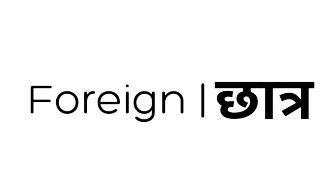Your cart is currently empty!
Visa Process Guide for Canada
Guide to the Canadian Visa Process
Visa Types
Canada offers various visa types for different purposes, including:
- Visitor Visa (TRV): For short-term visits (up to 6 months) for tourism, business, or family reunification.
- Study Permit: For international students pursuing education in Canada.
- Work Permit: For skilled workers, professionals, and entrepreneurs seeking employment in Canada.
- Permanent Residency (PR): For individuals seeking to establish permanent residence in Canada.
Required Documents
The required documents for a Canadian visa vary depending on the visa type and individual circumstances. However, common documents include:
- Passport or travel document
- Proof of financial support
- Proof of accommodation in Canada
- Medical examination results (if applicable)
- Biometric information (photo and fingerprints)
- Application form and supporting documents
Application Procedures
Online Application:
- Visit the Immigration, Refugees and Citizenship Canada (IRCC) website: https://www.canada.ca/en/immigration-refugees-citizenship.html
- Create an online account and fill out the application form.
- Upload the required documents.
- Pay the application fee.
Paper Application:
- Download the appropriate application form from the IRCC website.
- Fill out the form and include all the required documents.
- Mail the application package to the designated IRCC office.
Fees
The application fees vary depending on the visa type. Common fees include:
- Visitor Visa: CAD 100
- Study Permit: CAD 150
- Work Permit: CAD 155
- Permanent Residency: CAD 1,350
Timelines
Processing times for Canadian visas vary significantly depending on the visa type, application complexity, and the workload of IRCC. Approximate timelines include:
- Visitor Visa: 2-4 weeks
- Study Permit: 2-6 months
- Work Permit: 1-6 months
- Permanent Residency: 6-24 months
Additional Information
- Visa Exemptions: Citizens of certain countries are exempt from obtaining a visitor visa for stays of up to 6 months.
- Electronic Travel Authorization (eTA): Citizens of visa-exempt countries must obtain an eTA before traveling to Canada.
- Biometrics: Applicants may be required to provide biometric information (photo and fingerprints) at a designated collection site.
- Medical Examination: Applicants for permanent residency or work permits in certain occupations may require a medical examination.
- Representation: Applicants can choose to hire an authorized immigration representative to assist with their application.
Note: The information provided is for general guidance purposes only. Always refer to the official IRCC website for the most up-to-date and accurate information.
Share
